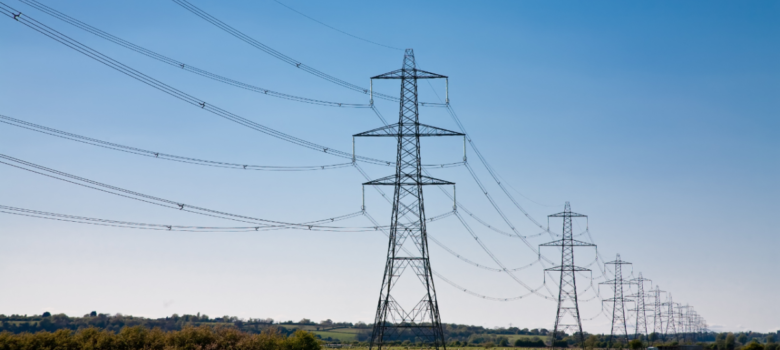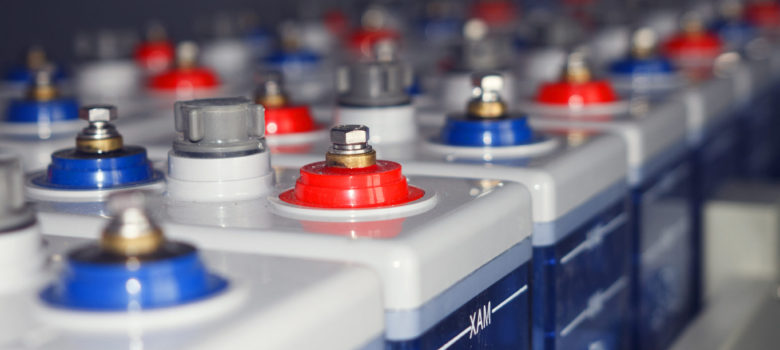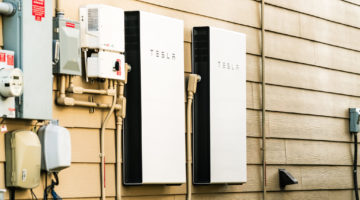
The UK’s energy supply is looking shaky at the moment, and opinion is divided as to the best way to deal with it. How will we meet rising demand for electricity, while limiting environmental impact?
Generating capacity has already fallen by 12% since 2012 and we’ve been thinking about what will need to change in the future in order for us to keep the lights on. How is energy generation and management in the UK expected to transform over the next couple of decades? What happens next will depend on a lot of variables, namely what steps our current and future governments take (or don’t take). With that in mind, here’s an example of our favourite mix of cold, hard facts and wild speculation!
UK energy mix
The privatisation of the UK’s electricity industry in the 1990s – coupled with the 2008 financial crisis – has seen a huge shift in energy infrastructure, and also a dip in supply. Successive UK governments have been reluctant to invest in big (potentially risky) generation projects, leaving national infrastructure in the hands of foreign investors – e.g. Hinkley Point C, which is managed by EDF.
As well as giving us less control over where our energy comes from and its environmental impacts, this also leaves us at the mercy of private companies to deliver power plants on time, properly executed. Hinkley has shown how complicated this can be. The project, once billed as British energy’s big hope, has been wracked with the problems and controversies from the start. A year after it was originally due to be completed, it is currently £1.5bn over budget and still far from being operational. The current energy minister, Greg Clark, is very keen to establish a nuclear future for the UK – this and fracking are the Conservatives’ main hopes, as laid out in their manifesto. But with Hinkley still not finished, and fracking widely opposed by the public and yet to prove itself, how long they can pretend they’ve backed the right technologies remains to be seen. Taxpayers will shoulder the costs of inefficiency and mismanagement, with very high strike prices agreed for when electricity is finally being produced.
What the future should be, and what the future will be, could turn out to be two very different things, as far as UK energy goes. Arguably, the wise option (both environmentally and economically) would be decentralised power generation from smaller scale and domestic renewable sources, dispersed across the country. The UK’s potential to generate its own renewable energy has been proven over the past few years, despite a lack of funding limiting the scale. The smart money is on renewables, smart grids and energy storage to fill an increasing gap in supply and demand. Another thing that will impact energy in the UK is the boom in electric car ownership.
Switch to electric cars
In a bid to tackle dangerous levels of air pollution in the UK, our government recently announced that petrol and diesel cars will no longer be sold after 2040. While this is still quite a way off, a lot of people are making the switch to electric far in advance of that deadline. There are already more than 100,000 electric vehicles in the UK (as of July 2017).
Critics have suggested that the increased energy demand resulting from the move to electric vehicles would put our already straining National Grid at breaking point. Although it is true that more electricity will be required, experts have established that the move to electric cars will add just 10% to overall UK electricity demand.

Think we missed something? Do you have a different opinion?
Comment below to get your voice heard…













No Comments yet! Be the first one.